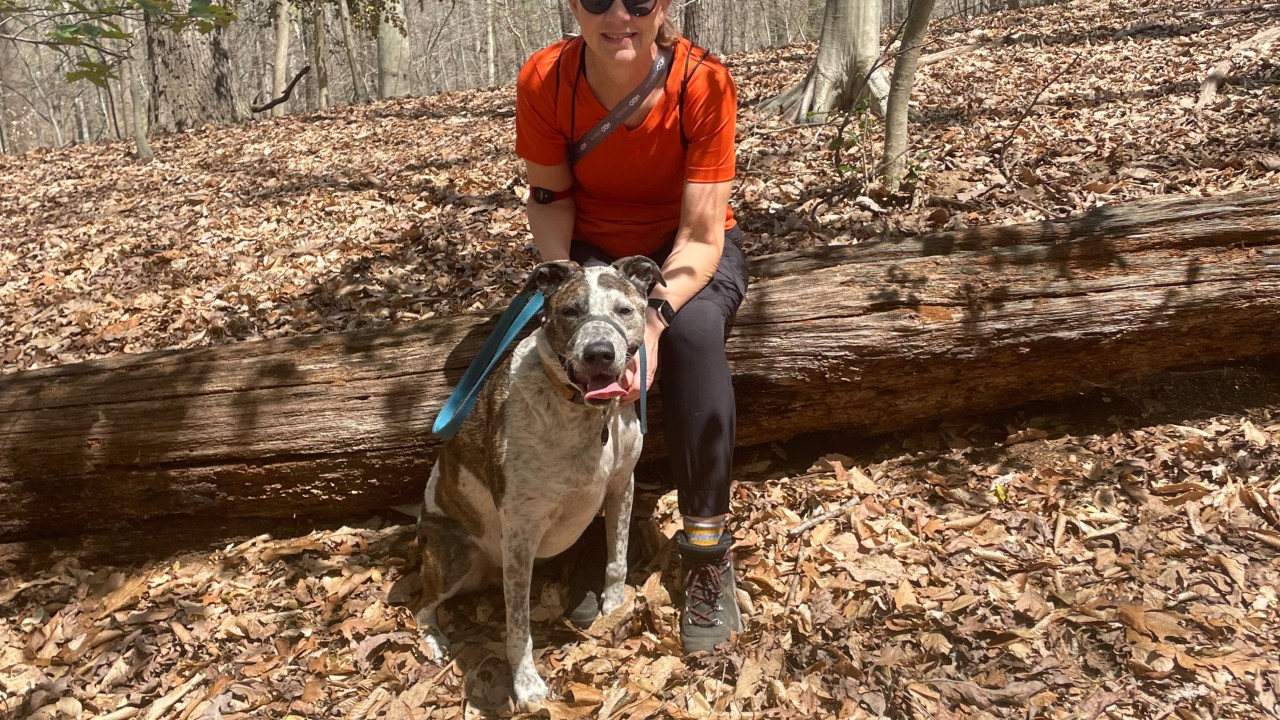Puppies are an exciting new addition to the family. If you are considering bringing home a young dog, it’s important to remember that the nutritional needs of puppies are very different from adult dogs:
- The National Research Council of the National Academy of Sciences (NAS) estimates that the energy needs of a puppy are double those of an adult dog of the same breed. Because of this, NAS has identified higher minimum required levels of protein (including greater concentrations of specific amino acids), fat and certain minerals. Puppy food may also include higher levels of omega-3 fatty acids for healthy brain and eye development.
- Larger breed puppies (dogs that grow to be over 60 pounds) typically require a diet that is slightly lower in calcium. Over-supplementation of calcium for larger breed puppies can support excessively rapid growth, which can result in certain orthopedic disorders such as hip and elbow dysplasia.
- A puppy’s stomach is smaller than that of an adult dog, and they may require smaller, more frequent meals throughout the day.
- Once a puppy reaches 80 percent of his or her projected growth, it is generally safe to switch from puppy food to food labeled as “maintenance.” This may take longer with larger breeds than for smaller dogs. For example, breeds that are expected to be smaller than 30 pounds may start eating adult dog food at about 9 or 10 months. Average size dogs should transition to adult food at approximately 1 year of age, and larger breeds should continue to eat puppy food for 12-16 months.
The takeaway: Dogs need the right food, at the right time, for their stage of development and size to ensure healthy growth.
When choosing food for a puppy, look for the appropriate life stage on the product packaging. Complete and balanced pet food formulated for the “Growth and Reproduction” life stage will be designed specifically for puppies, pregnant and lactating dogs, and will meet the nutritional requirements listed above.
Unless specifically advised by a veterinarian, it is critical to not give your adult dog food that is specifically formulated for puppies. Since puppies require more energy for their growing bodies, puppy food is higher in calories and, when fed to adult dogs, can increase the likelihood of obesity. Obesity in adult dogs can lead to a range of health issues, from difficulty breathing to a shorter life expectancy.
With regular veterinary check-ins, proper feeding practices in accordance with package guidelines, and regular care, pet lovers can help ensure their puppy grows up to enjoy a long and healthy life.



